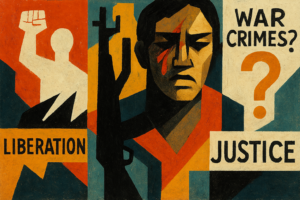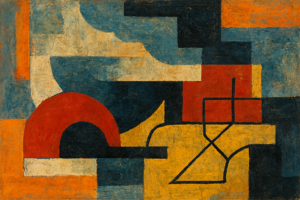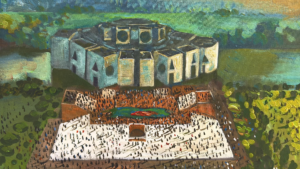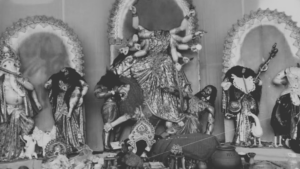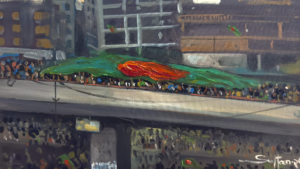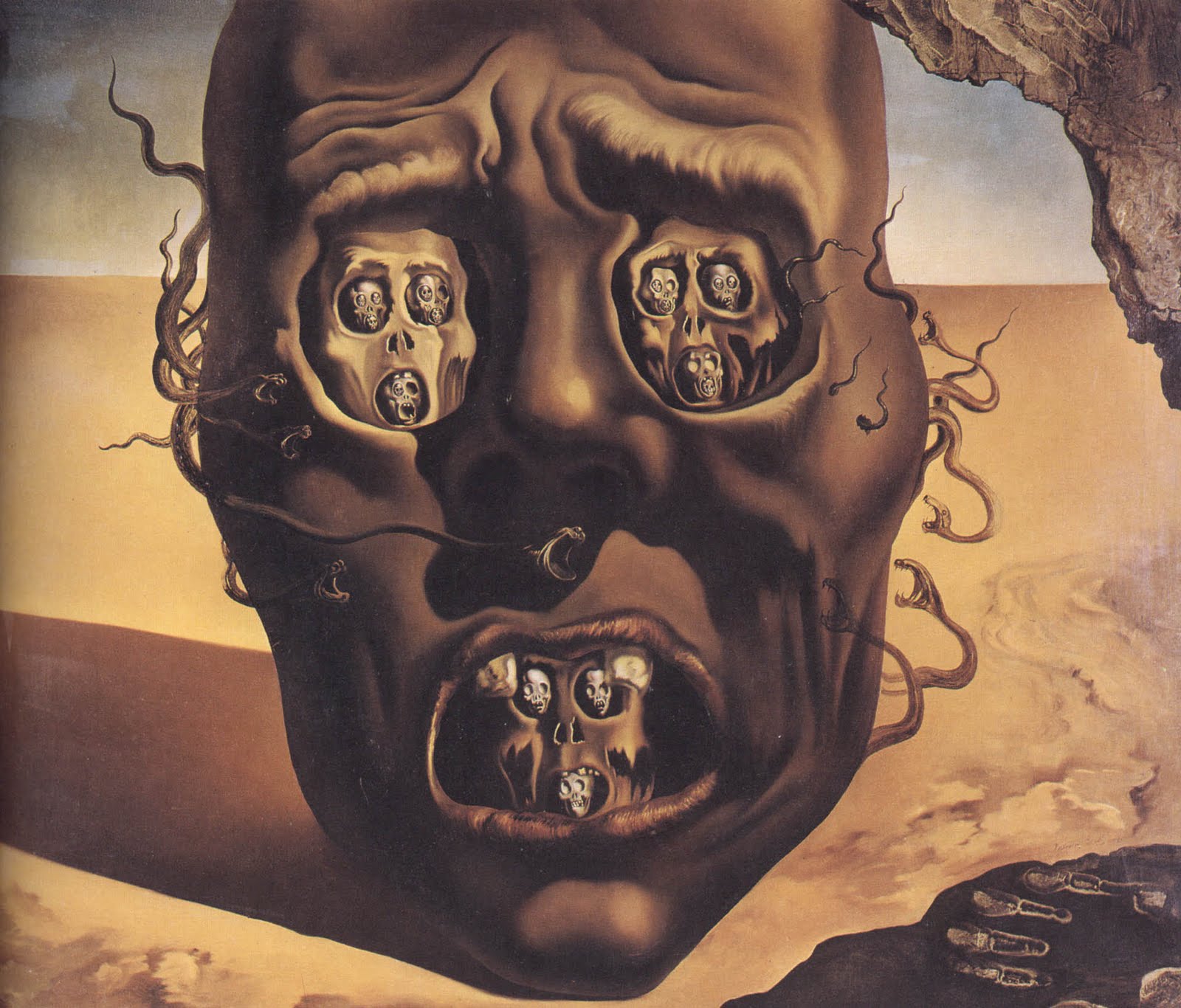
The nation is witnessing the serious post electoral violence against the Hindu people across the country in the name of democracy. The Hindus are dragged and exposed by the ruling party who are prone to communal violence since long. The worst areas those are reported to have witnessed post electoral violence are Jessore, Dinajpur, Thakurgaon, Satkhira and Gaibandha. As the heading questions whether this violence can be termed as communal or political violence, the answer remains difficult one to say in one single word. The tenth national election had a unique character of “election against each other” as in those constituencies where elections were held. In most of the constituencies, the political candidate was obviously from the ruling party Awami League and the other independent candidate was also a leader of Awami League. So, whoever is defeated will get the opportunity to blame the voters who turned out on the very day of election on 5 January. And unfortunately, the Hindu’s were told to go to the polling centres by the Hon’ble Prime Minister herself and her leaders, so they went. At the same time, the major opposition party B.N.P and the Jamaat-E-Islam threatened them with dire consequences if they cast their votes. So the reaction was three-fold; one from the defeated Awami League candidate who contested as an independent candidate, second being the B.N.P and the third from the Jamaat-E-Islam. The matter was framed in a way that whoever cast their vote in the election is a Hindu and the attack came from all three corners and the so-called voters are the losers in all aspects!
Now that we had an Election Commission to conduct the election and we have reason to believe that they had information of possible violence in Hindu populated areas in the country. Pre-election violence in many districts starting from 25 November 2013 gave us a clear indication that there will be violence during and after the election. Yet the Election Commission had not taken any measure to protect this declining religious group people. The first area was Malo Para of Abhoynagar at Jessore, where about 400 Hindu villagers were forced to leave their homestead which had been looted, torched and ransacked with anger! The photographs those were posted in the daily newspapers and the online news portals were as shocking as to resemble the photographs of people leaving the country during the liberation war in 1971! Women jumped on the river to save their lives! Two women were gang raped on 9 January long after 4 days when the law enforcing agency gave them assurance that nothing would happen if they come back to their village! Alas! I wish I were describing a situation of 1971 war period! The victims had nowhere to go when their enemies are those for whom some of them went to cast their votes!!
Yet the Election Commission didn’t bother to make their stand clear to the nation and the temporary government during the election washed their hands off by giving the absolute power to EC to deal with the matter relating to national election. A perfect plot to outcast the Hindu’s under the disguise of electoral disorder!
Now I would like to like to concentrate on my main topic whether this violence is purely political or communal? This identification of the nature and character of the problem is a must before detailing it. Violence has a long track record in our country and it has become a chronic disease now. No one had ever tried to put an end to this disease and it is apparent that the medicine used on it had not worked at all.
It is a common tendency of the politicians and the common people to term an organised crime to be political violence. Every attack has politics behind it but every attack is not political. By terming an attack as political, we give legitimacy to the perpetrators to escape from the regular legal liability to face prosecution. We tend to mean that violence is an integral part of politics and it is quite natural. As the Hindus are mainly supporters of Awami League, so if they are attacked by any other political party then it is vehemently argued that it is a political violence. The next thing we see is that the political leaders start protecting their followers/supporters and this way they get away with the excuse. This tradition of tackling the violence has become fatal and cost us many lives and a declining number of Hindus since 1971, which is about 8.5 percent now.
There had been no riot since 1972. Only the Muslims attacked the Hindus, Christians, Buddhists, Adibashi and Ahmoddiya Jamaat followers on various grounds. Only the Hindu’s and Adibashi’s are forced to leave the country. It has always been a one-sided attack. But people often use the word riot to describe communal violence which is completely wrong.
Now I would like to examine the term “communal violence.” What happens when we straight away categorise violence as communal violence? The word communal let alone denotes a community. This community feeling should give strength rather than exposing them to organised crime. The community’s failure to protect them and the repeated failure of the State encouraged the perpetrators again and again. A communal violence is often said to be a “Crime committed out of religious hatred”. This implies that the group of people who attacked are pious people and having being agitated they became violent and launched the attack. That means this was not a planned attack. Is that so? Is it really a sudden act of violence or a cold-blooded premeditated act of organised crime where one group is being only attacked and don’t have the means to protect them?
Both the approaches, in case of a violence committed against the religious minority people, are problematic. Whatever the reason, in every violence against the religious minority, specially towards Hindu’s and the Adibashi people had hidden agenda, either to deprive them of their own property and valuables or to establish terror among them thus others keep quiet. And also to scare them off thus they leave the country and they could grab their property.
Whatever we name it, we give them the chance to get away without facing prosecution and thereby creating a culture of impunity. For the reason, we have not seen a single perpetrator to get punishment for his criminal act since our independence. It is not that for committing a crime against a community, the person gets any additional punishment. Rather it is dealt with the regular penal law which finds no course at the end for giving it political colour. Unless there is a new law to handle the issue we will always fall short to find a way out of this agonising situation. Moreover, the communal character of the Constitution leaves room for the perpetrators to commit this heinous crime again and again, which needs to be changed immediately. Also, the secular people of the locality must come forward to save the diversity in their respective areas, no law will be able to replace this requirement to hold hands together, not only to save religious minorities but also the majority.
Published by the Daily Star on 12 January.

